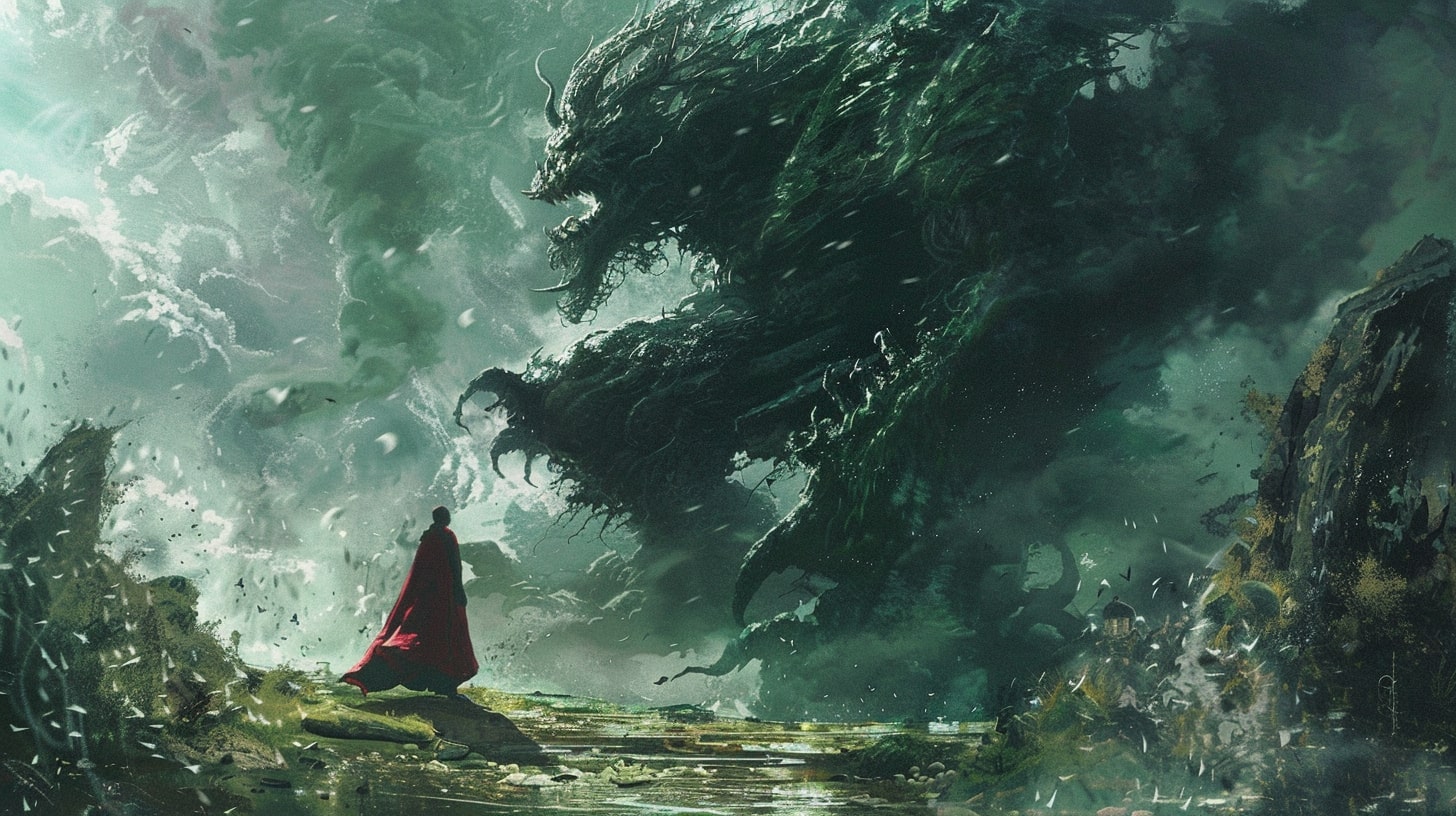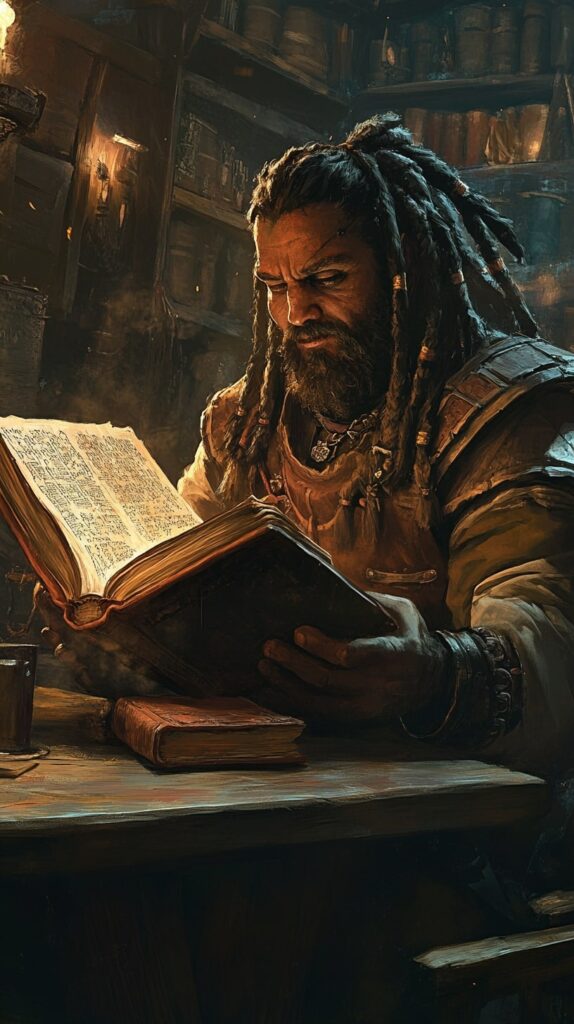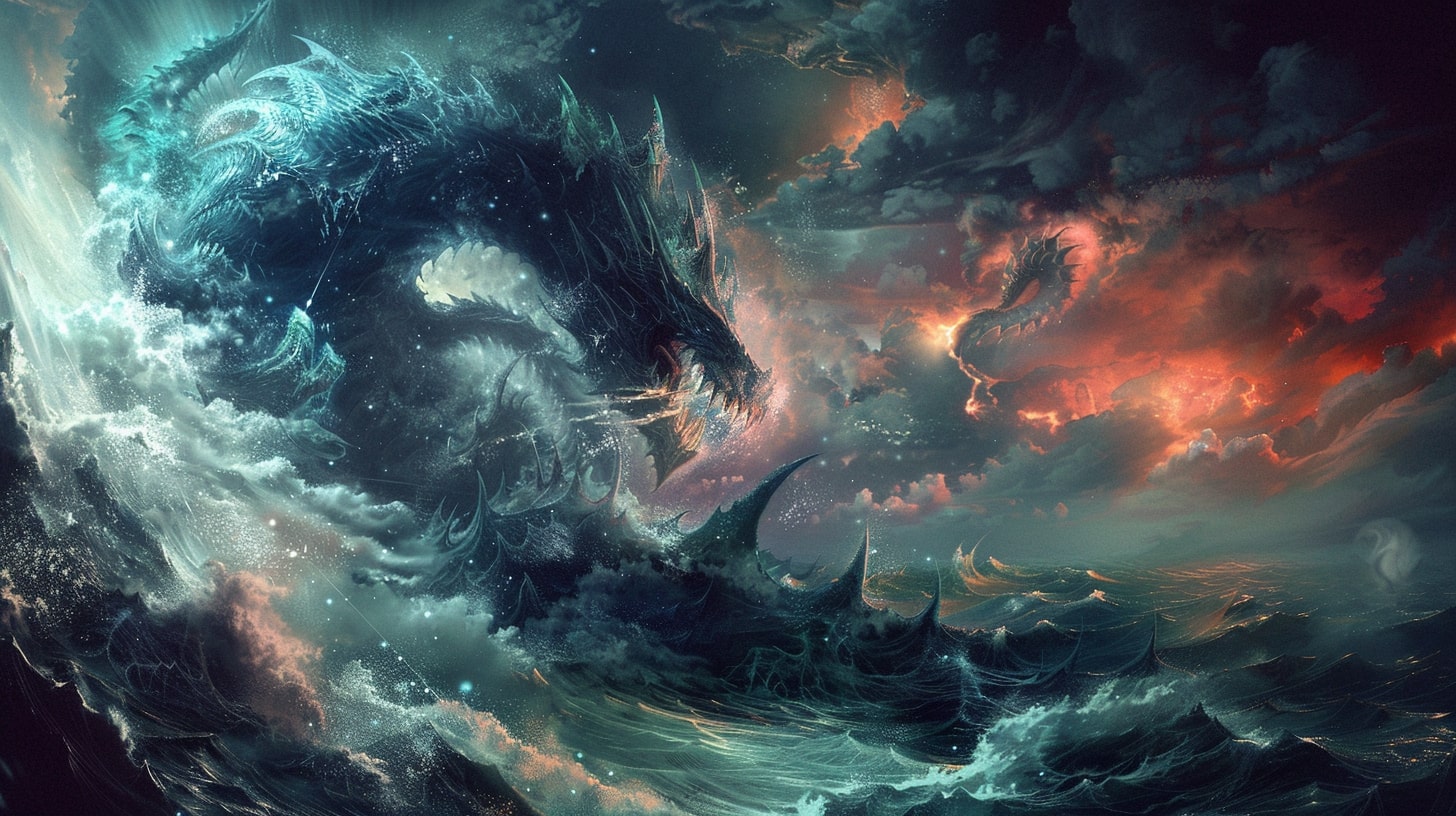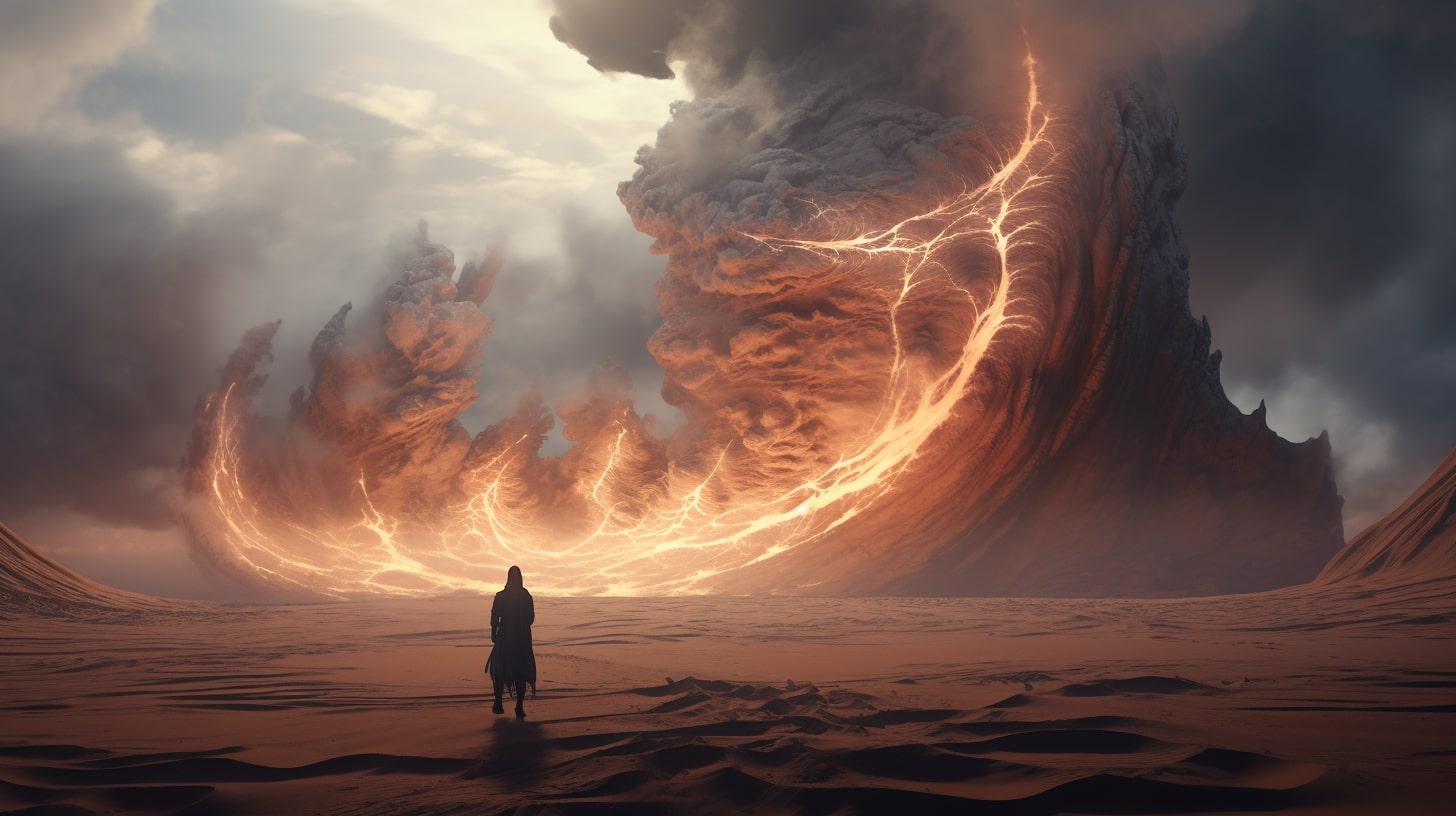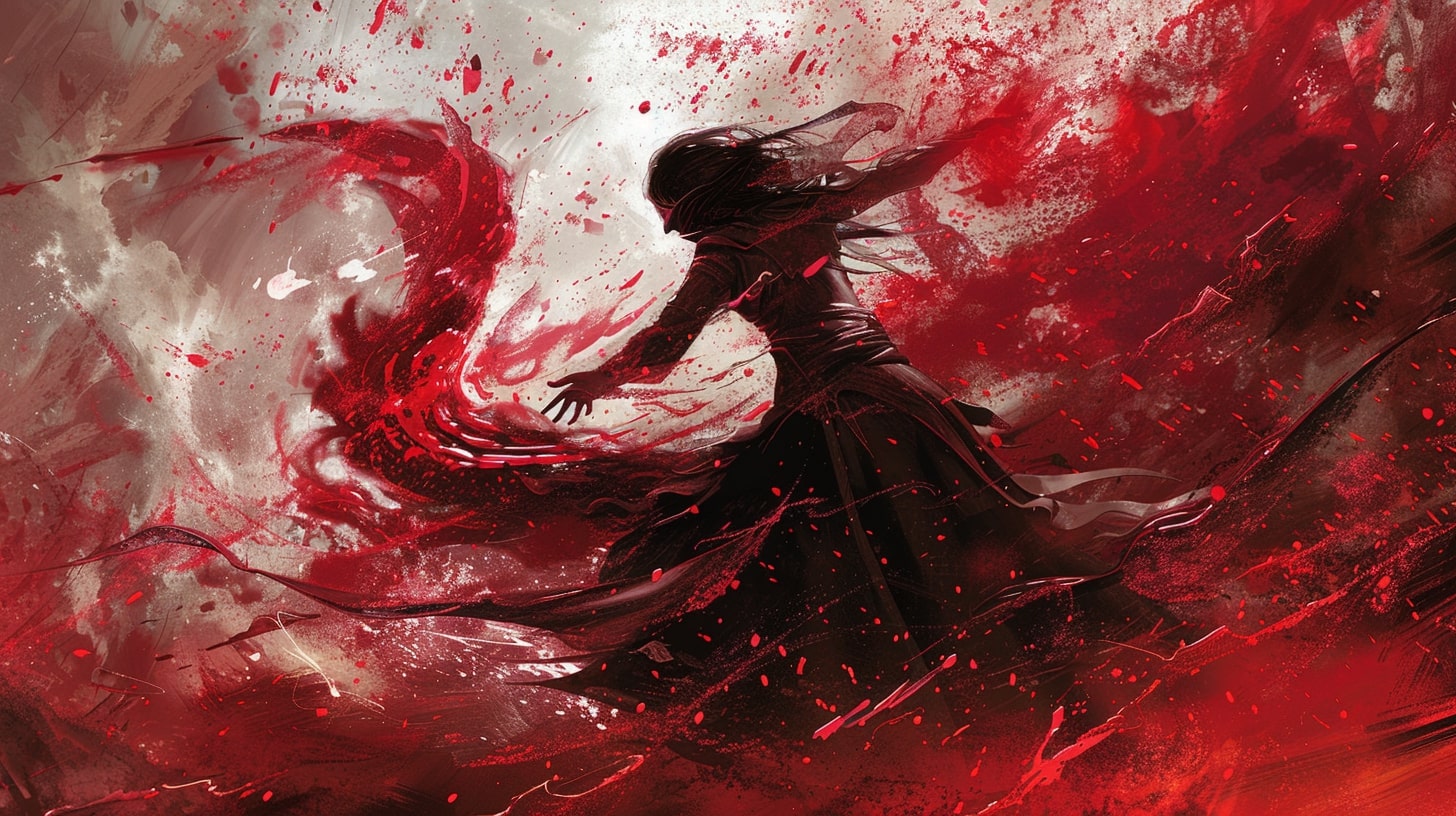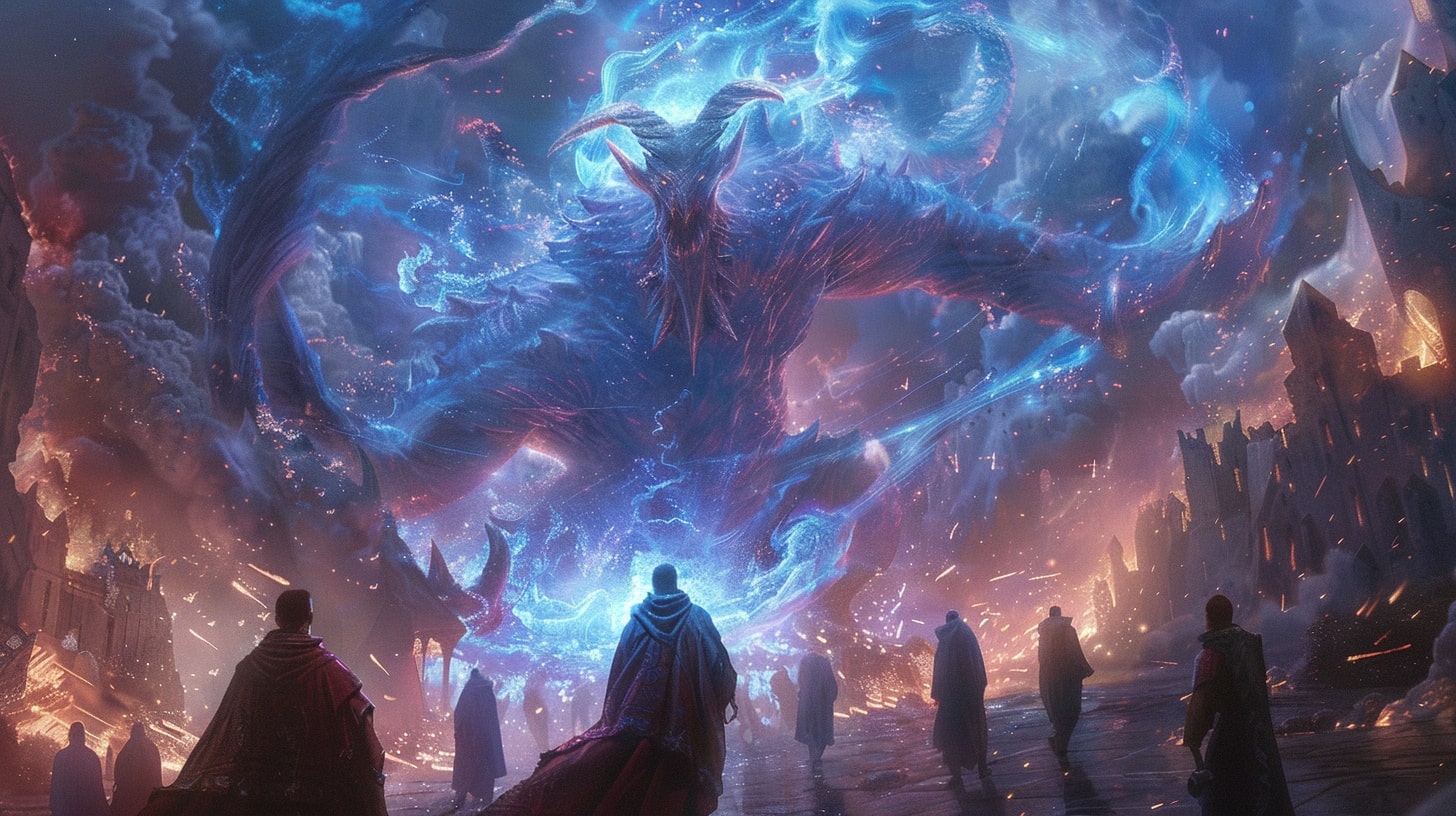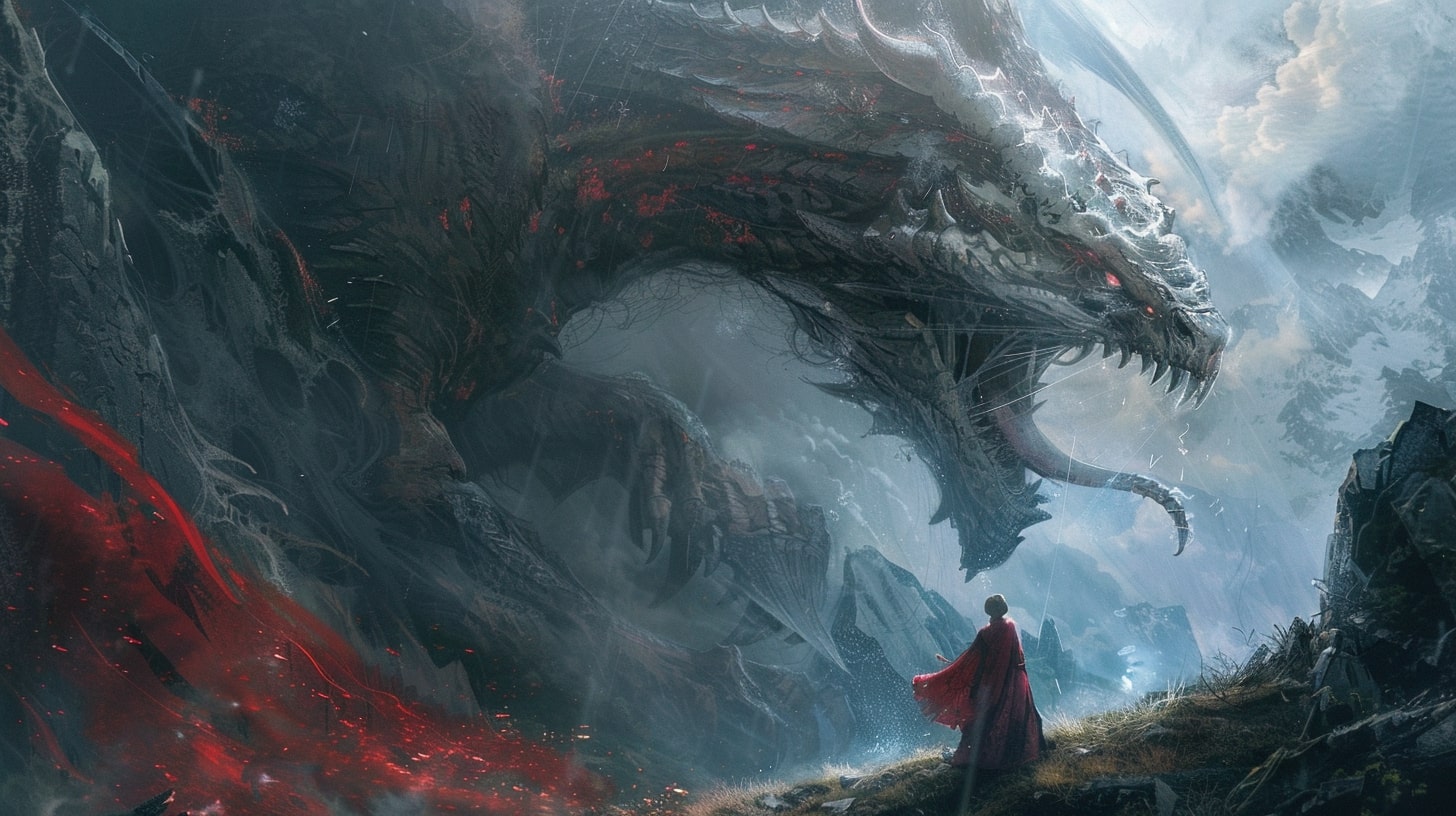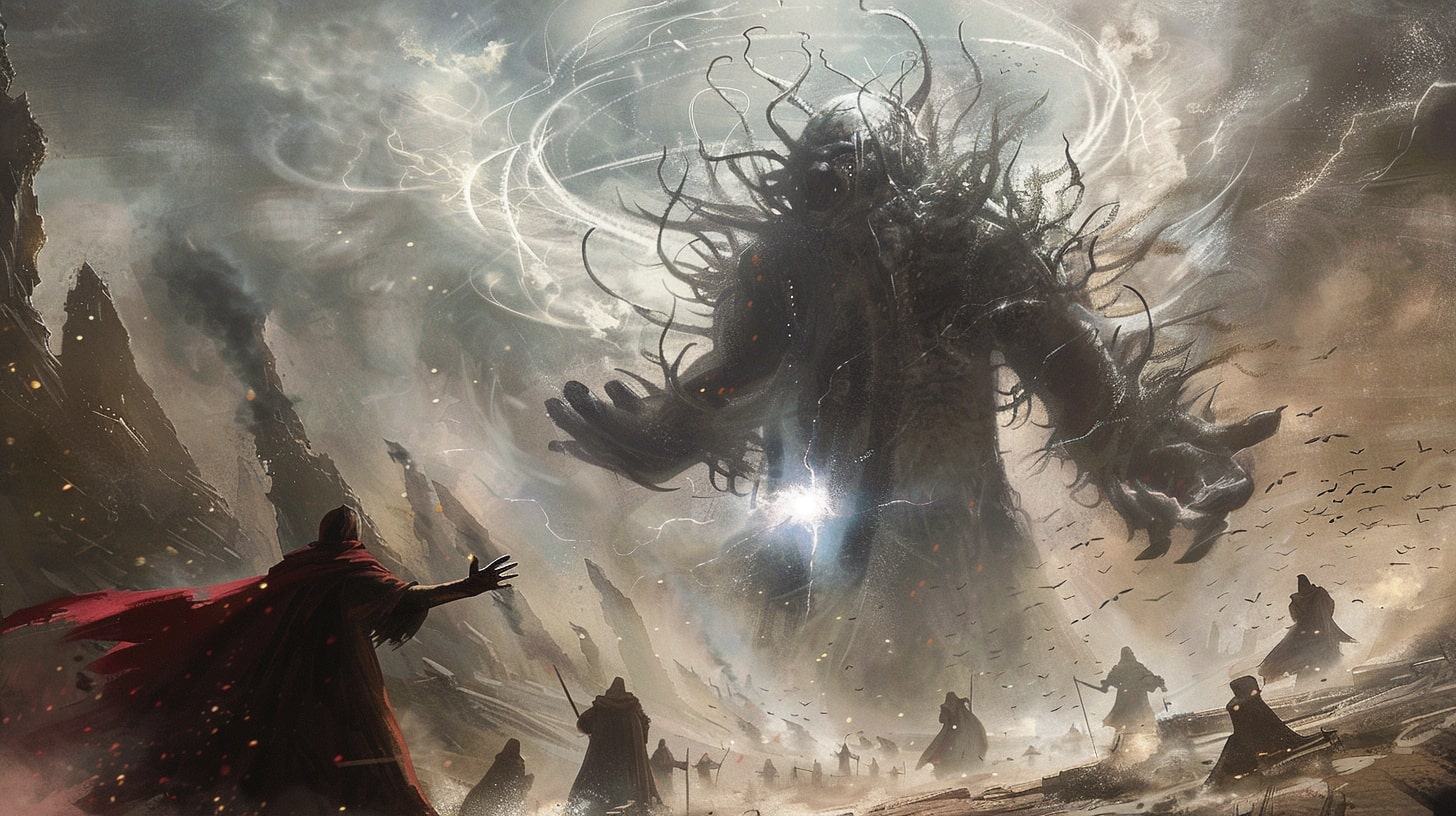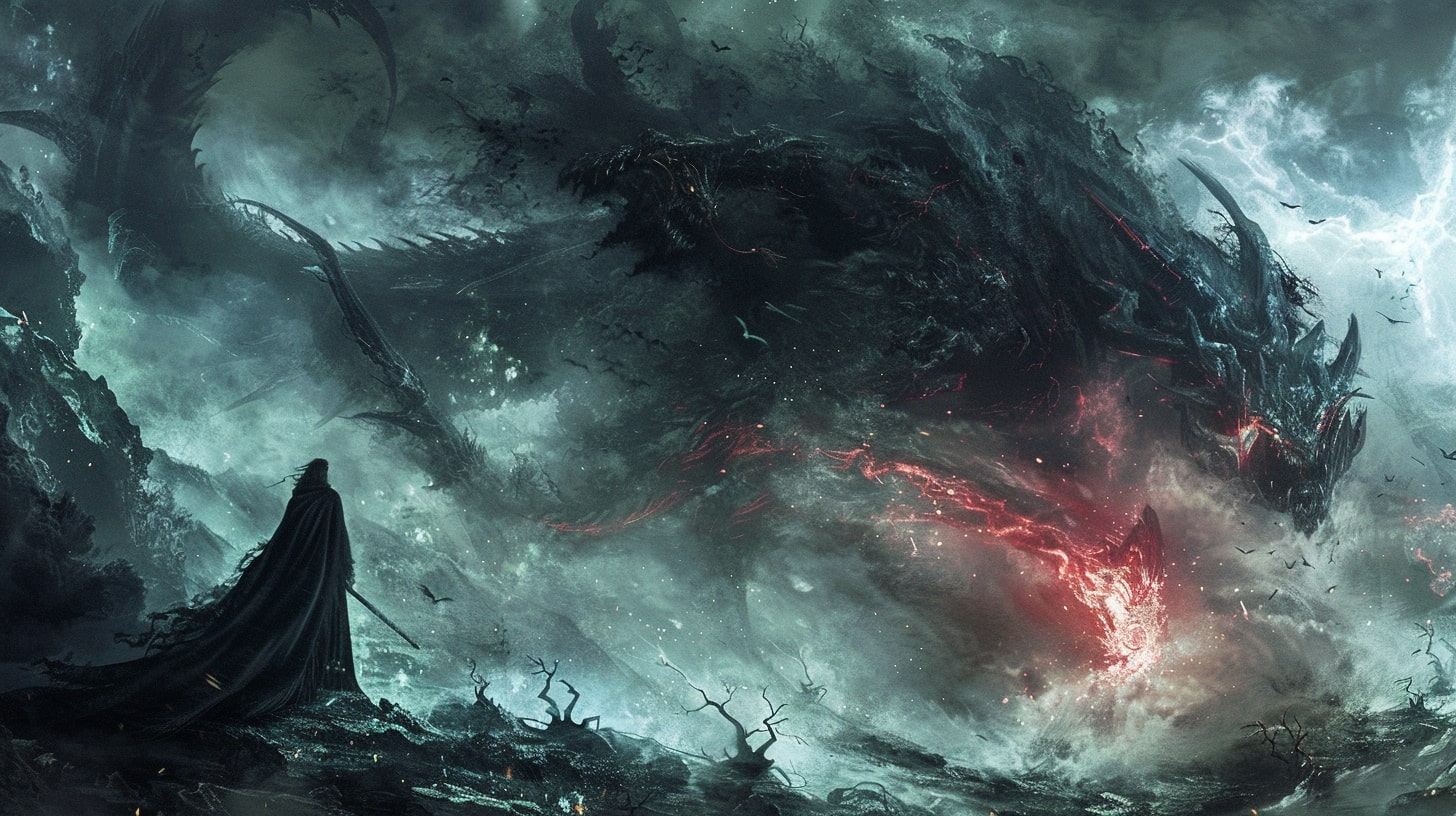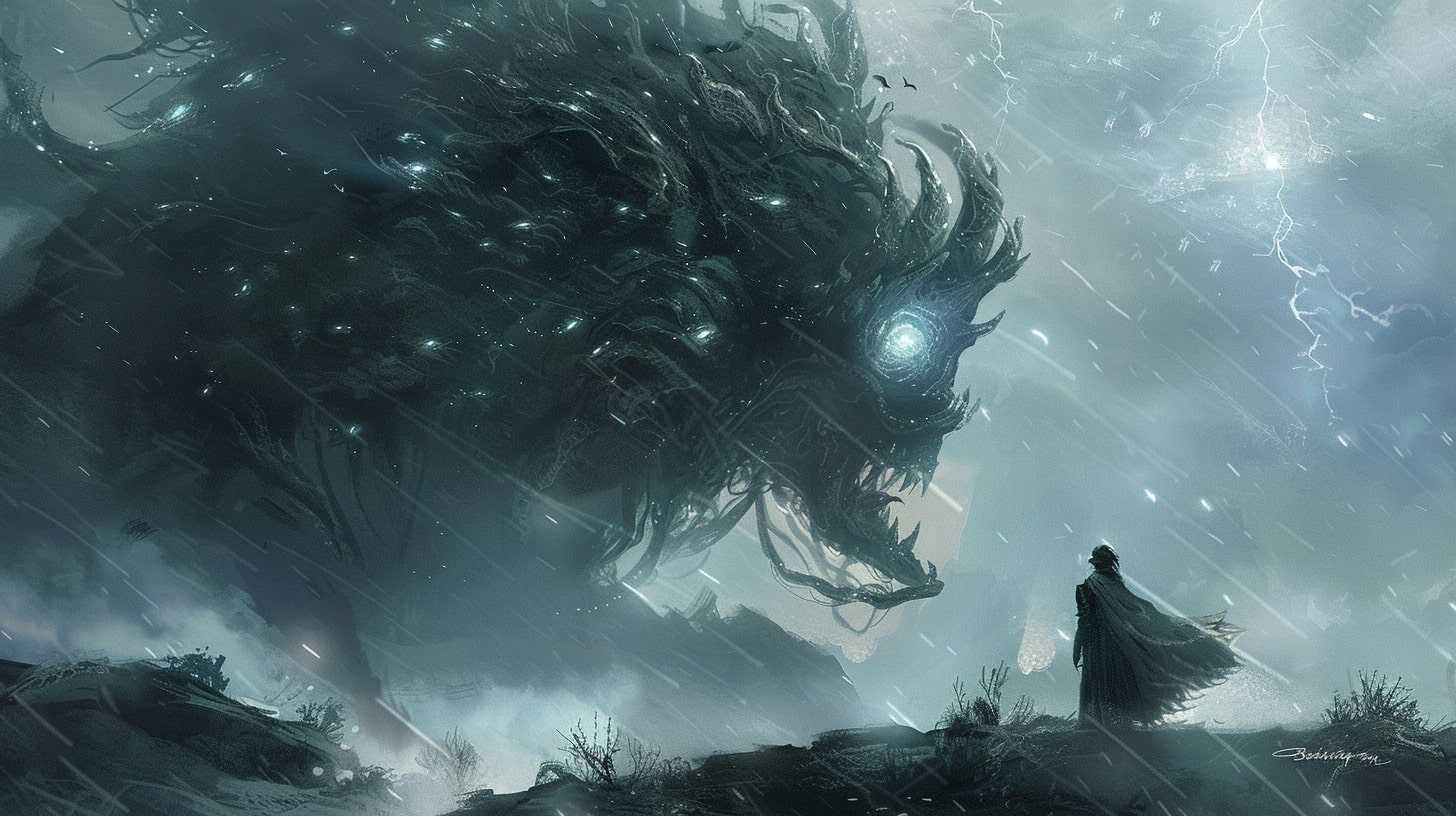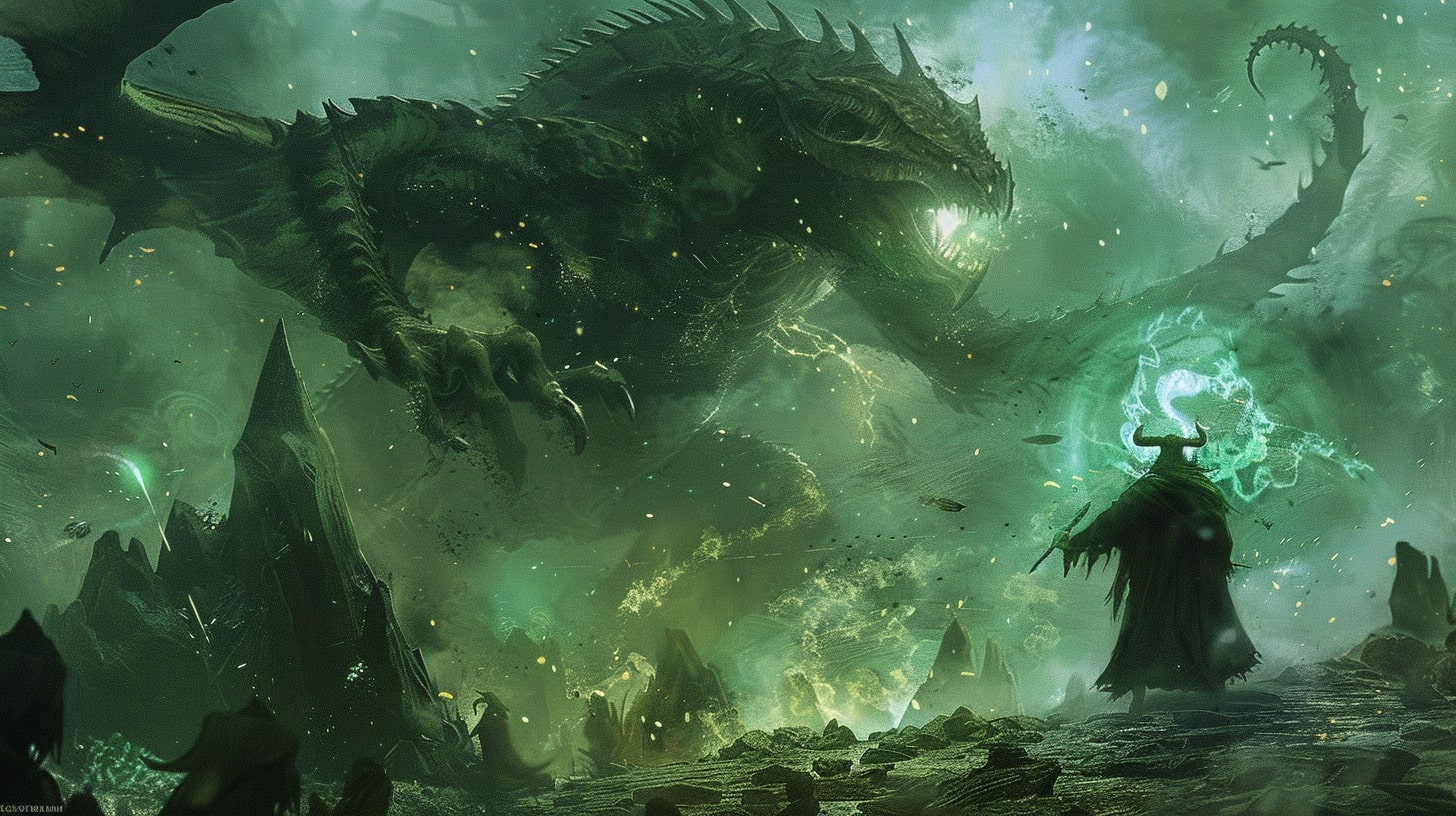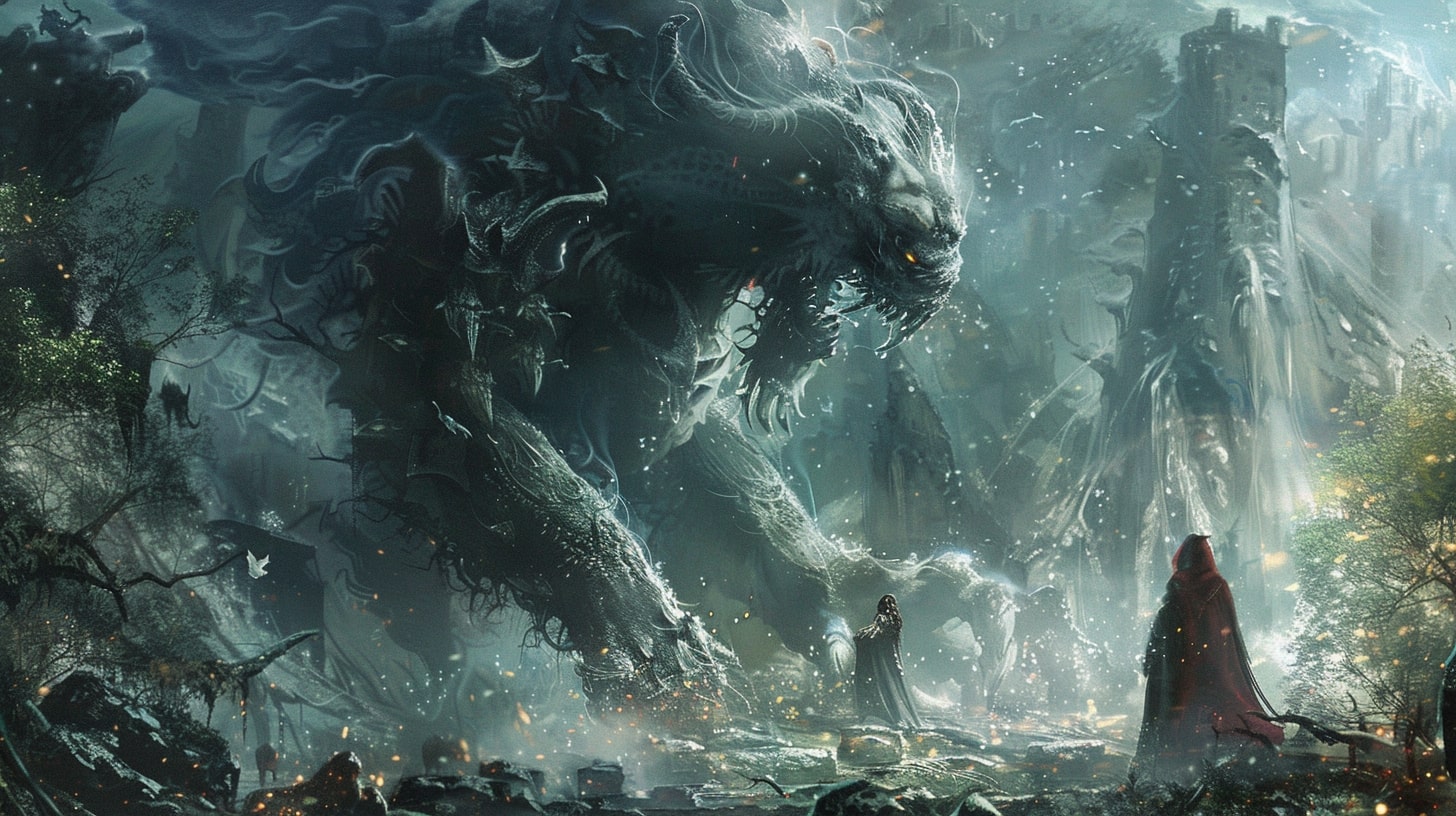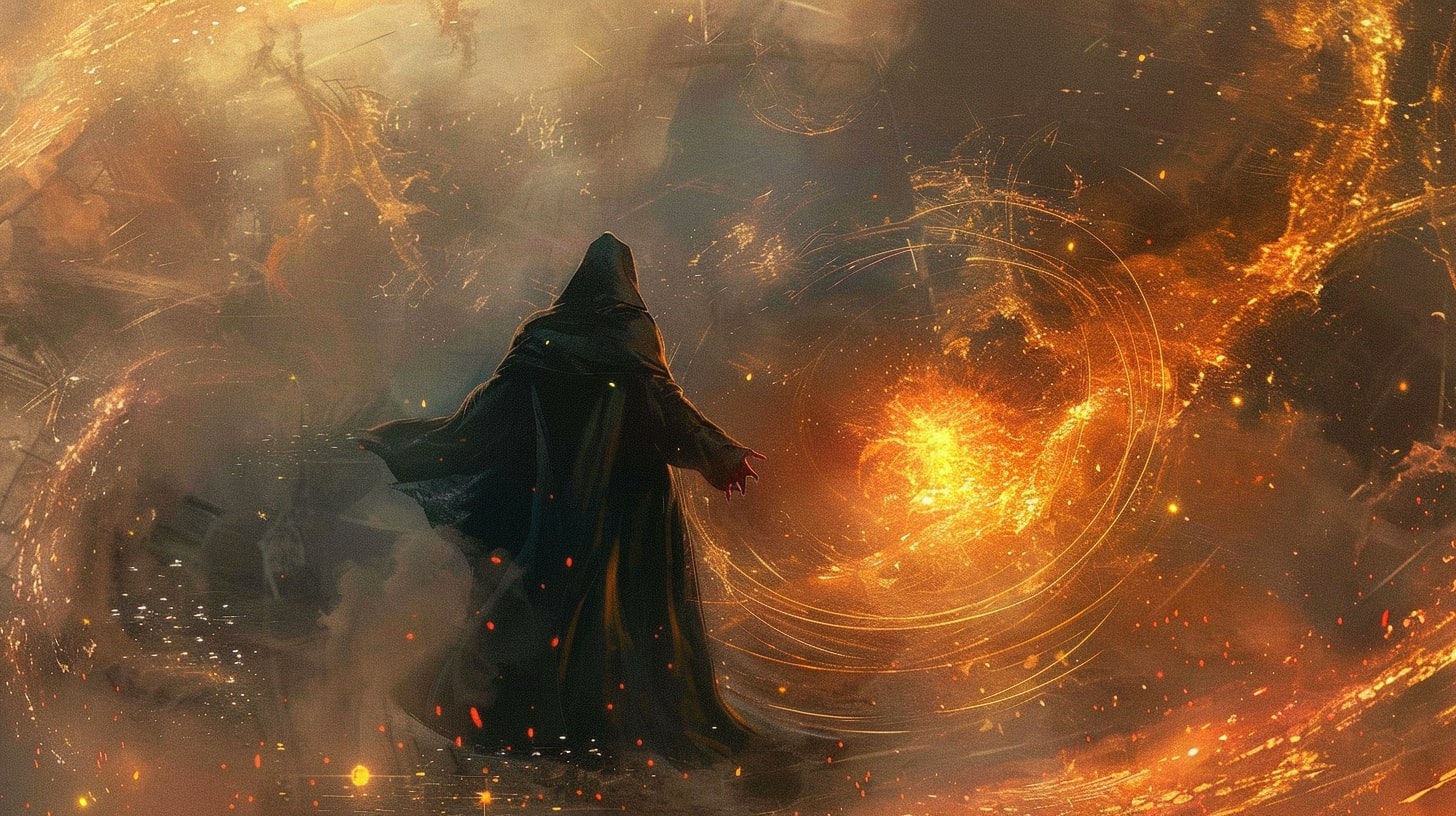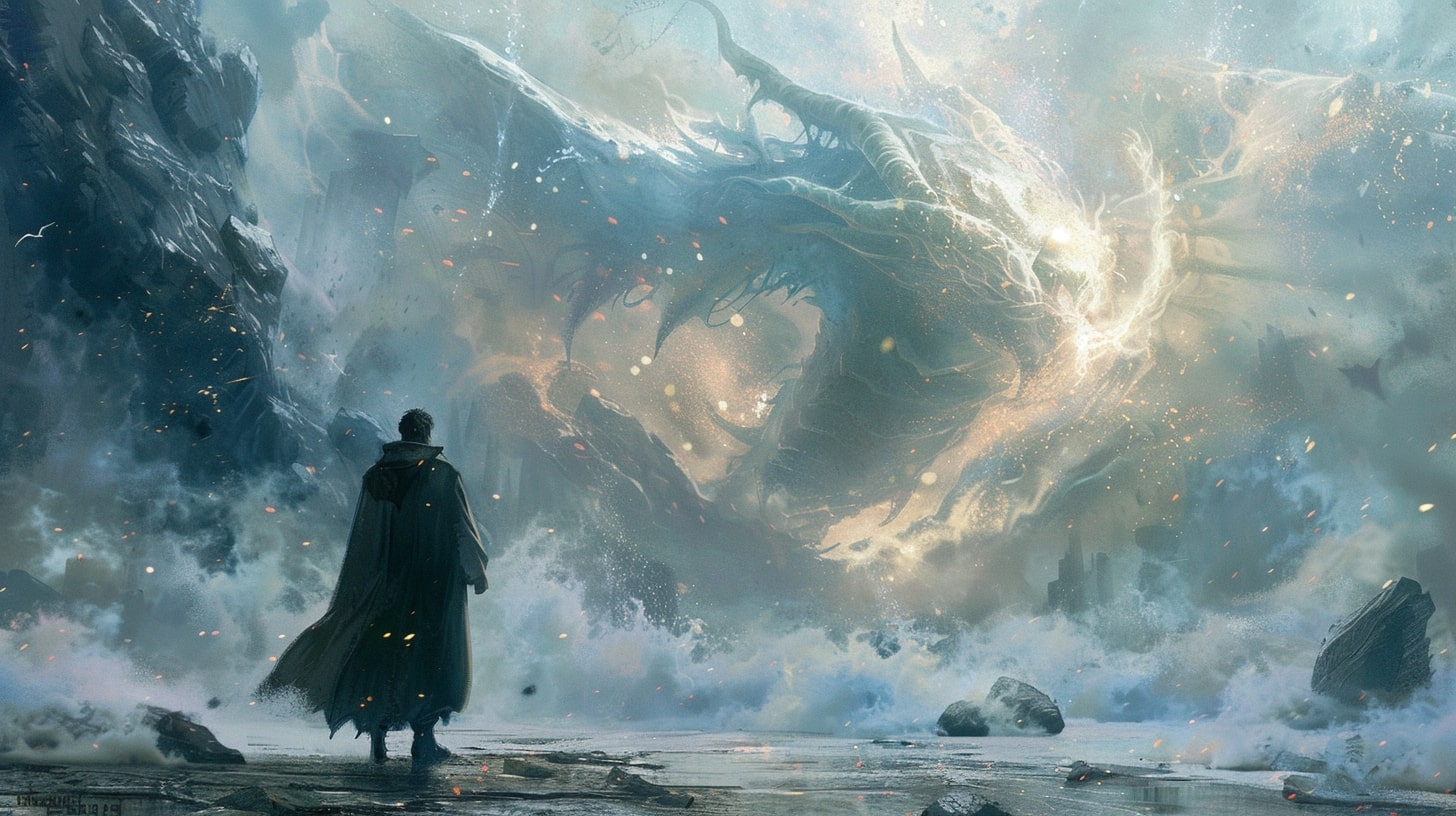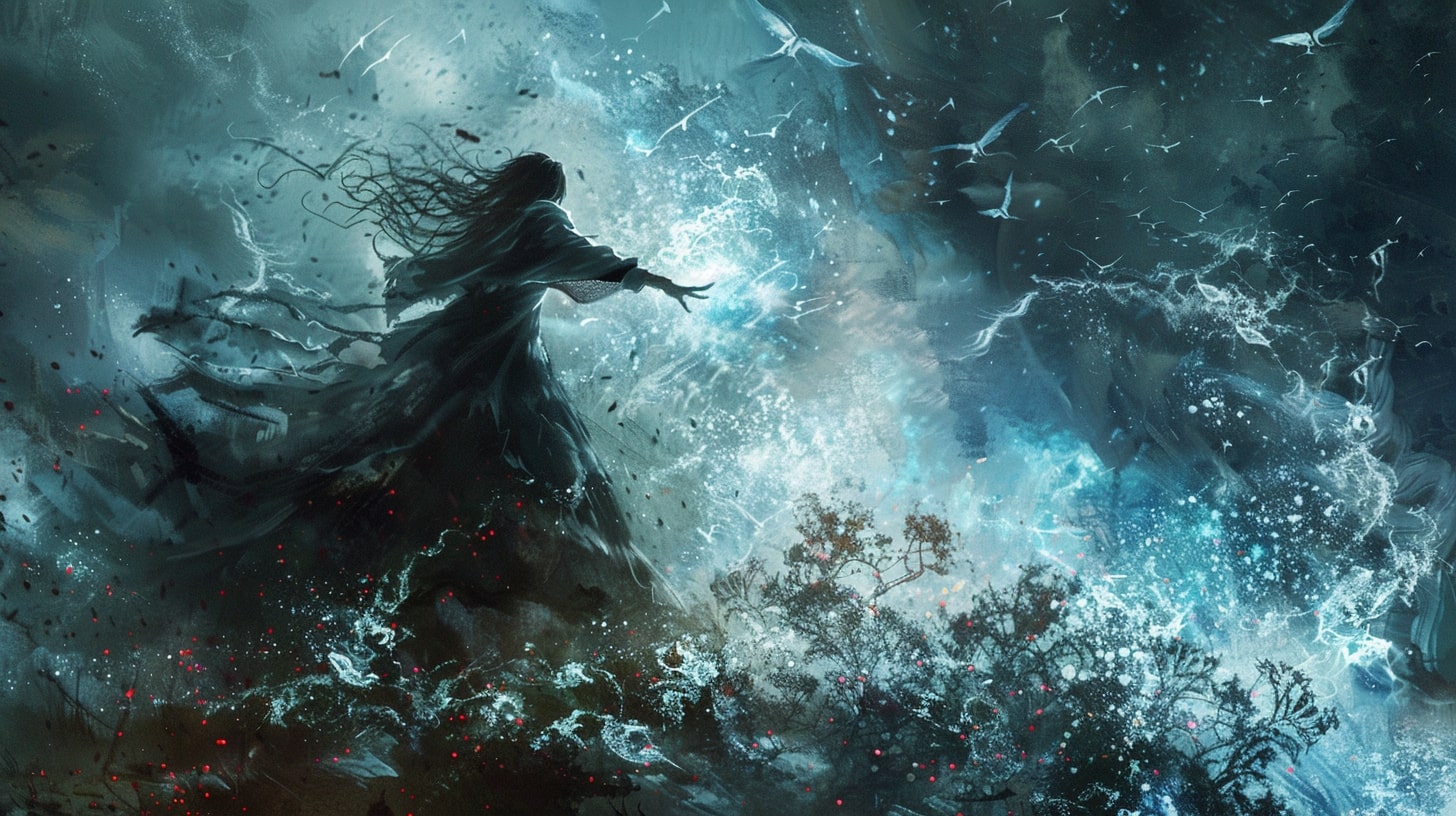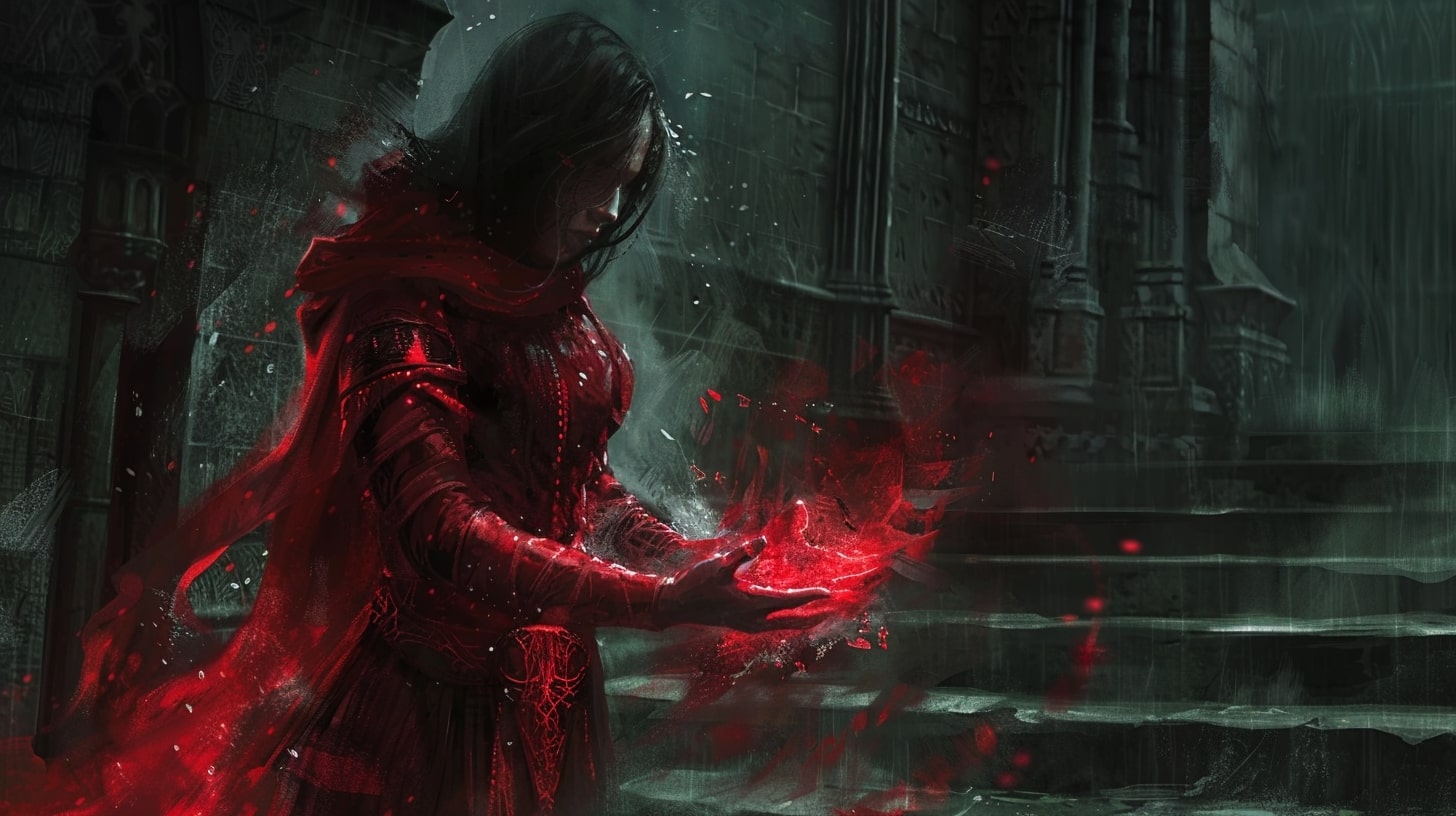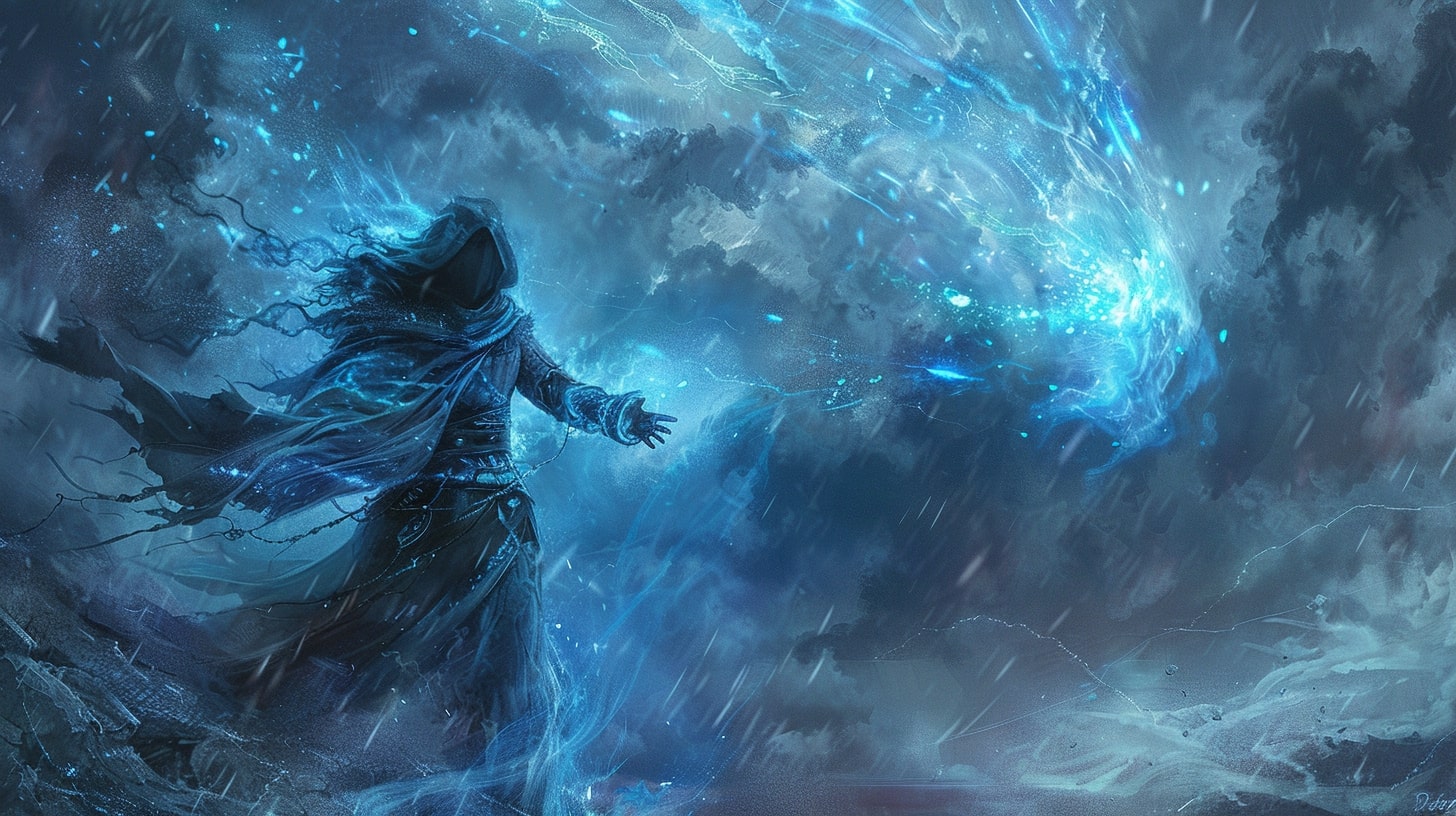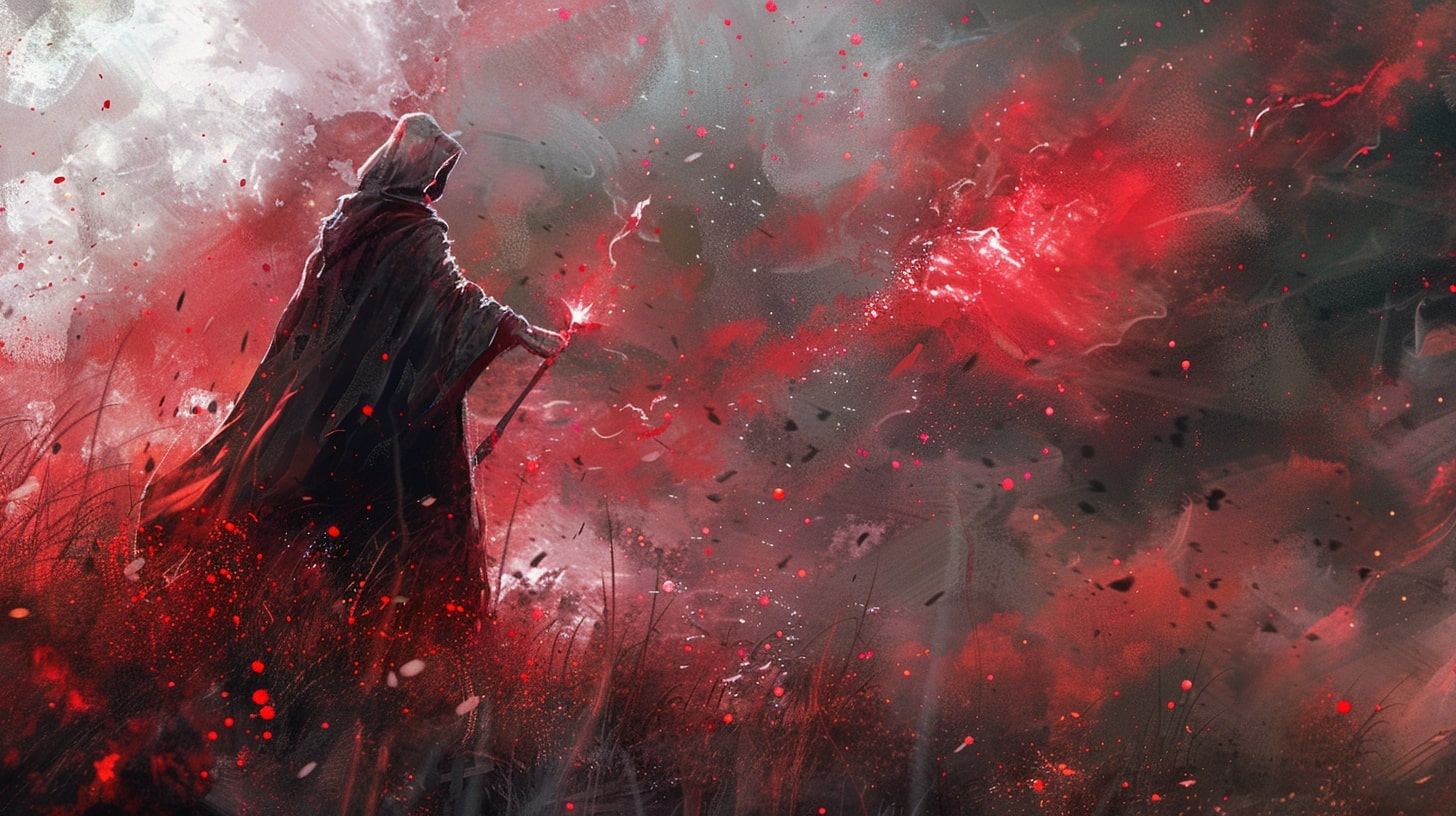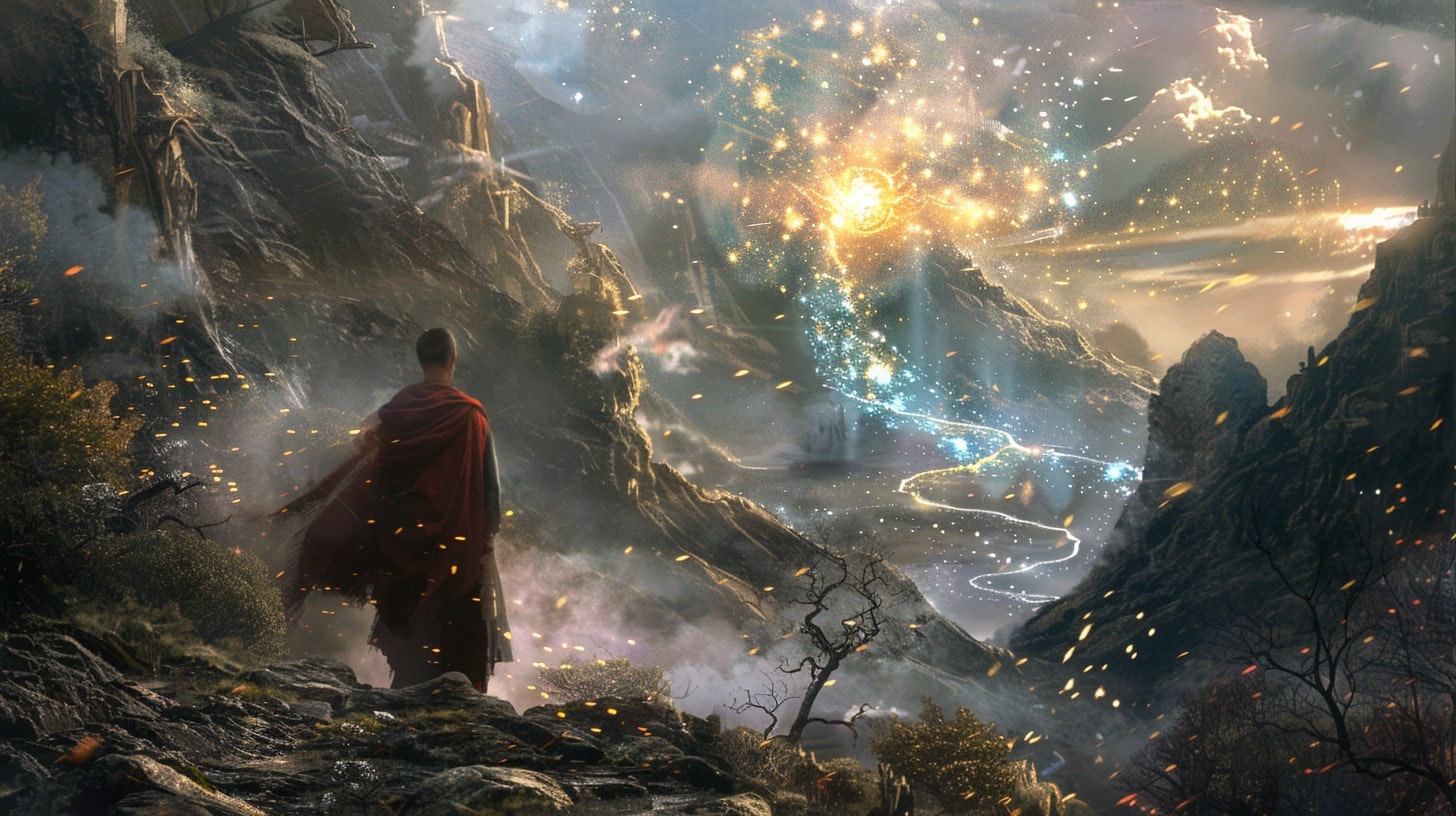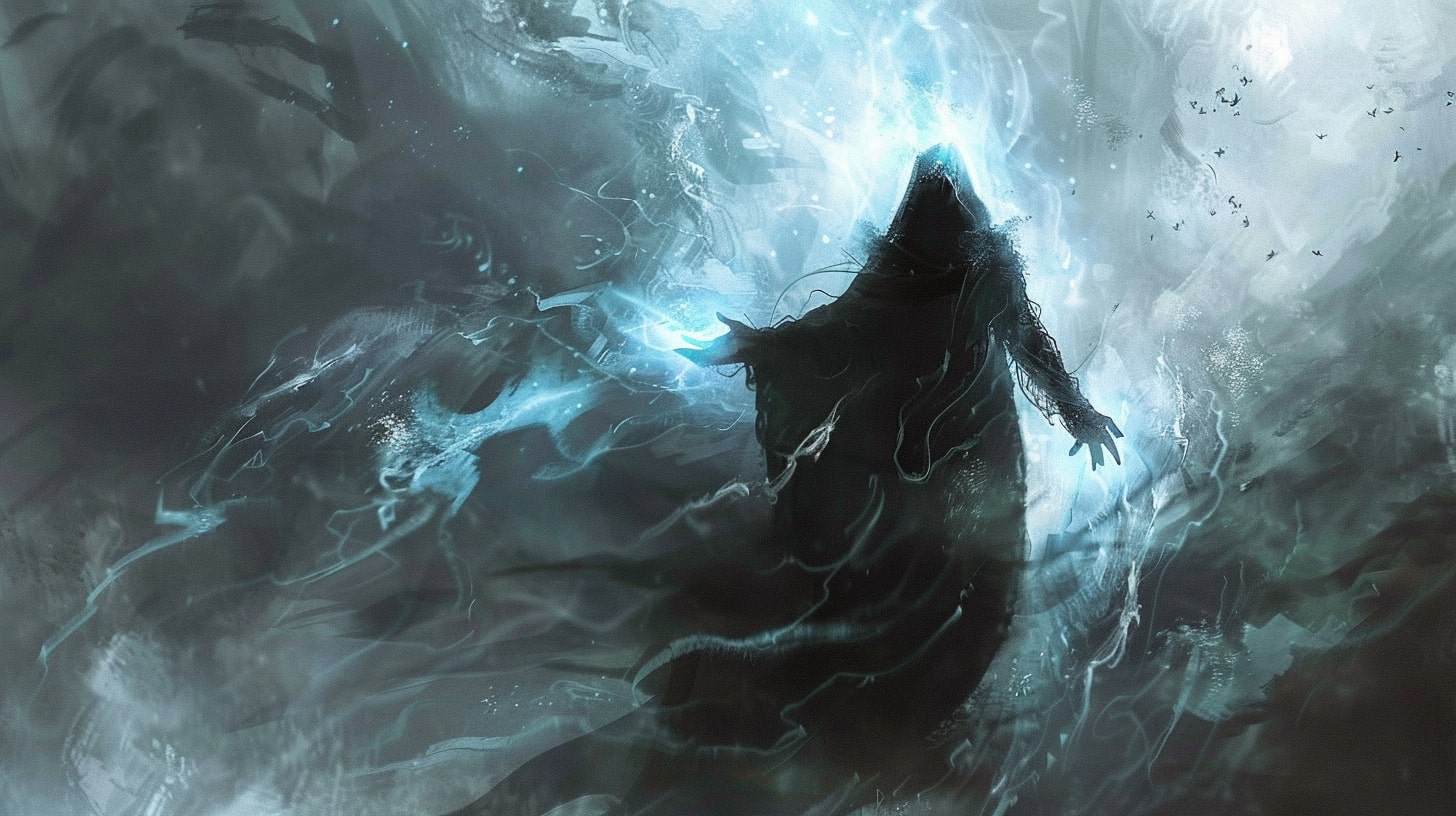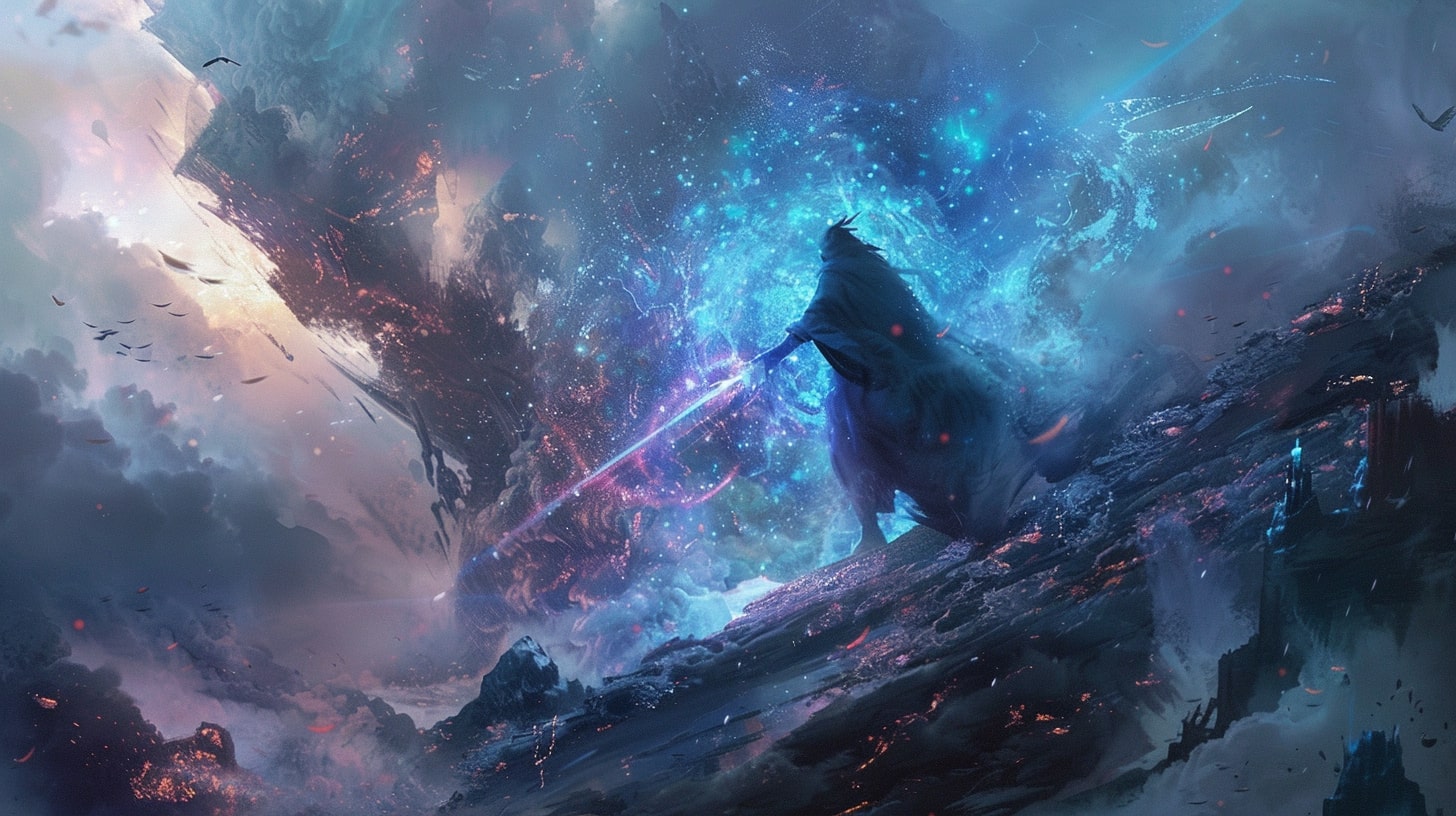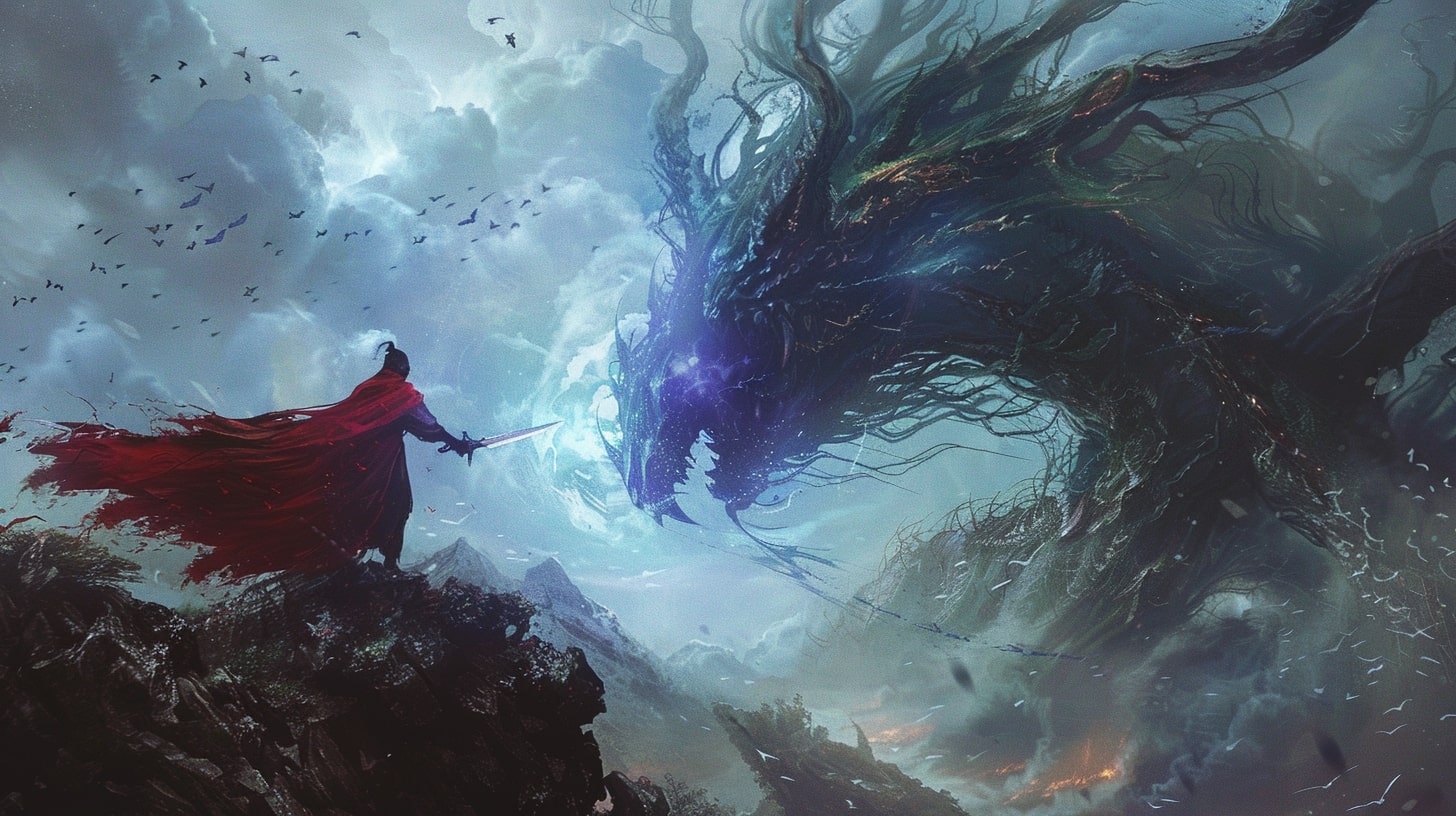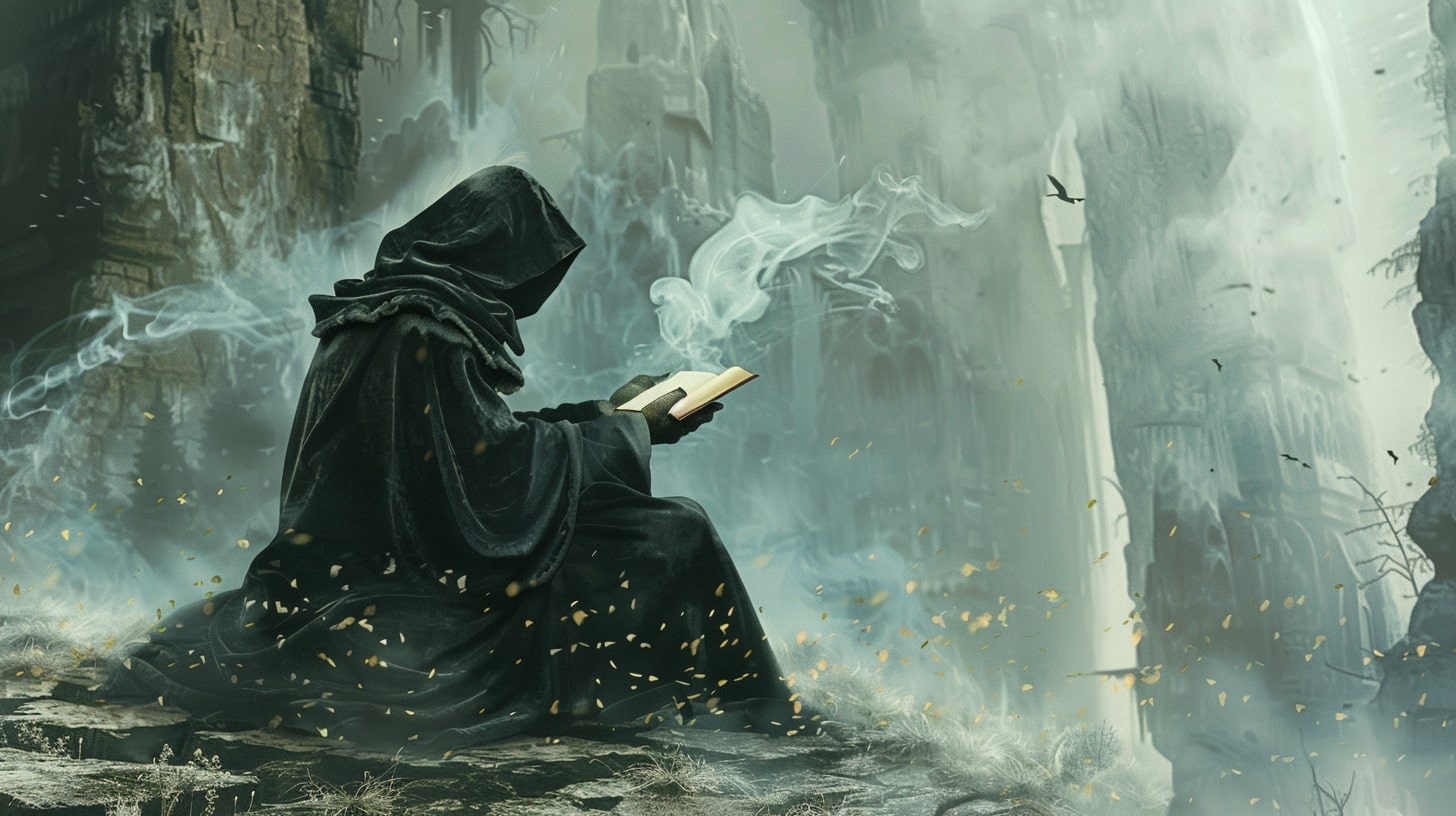The Role of Magic Systems in Fantasy Writing
Magic systems are a cornerstone of fantasy writing, providing the framework that defines the capabilities and limitations of your characters. Crafting a well-balanced magic system can elevate your narrative, adding depth and intrigue to your story. There are various types of magic systems, from hard magic systems with strict rules to soft magic systems that leave much to the reader’s imagination.
Creating a consistent and believable magic system requires you to establish clear rules and limitations. This helps maintain the suspension of disbelief and ensures that your readers remain engaged. Whether you’re exploring a symbolic magic system or an art-based magic system, the key is to make the magic feel integral to your world and characters.

Exploring Music-Based Magic Systems
A music-based magic system is a unique and captivating way to infuse your story with enchantment. This type of system leverages the intrinsic power of sound and rhythm to create magical effects. By using music as the source of magic, you can introduce a fresh and imaginative element to your fantasy world.
In a music-based magic system, different musical elements—such as melody, harmony, and rhythm—can correspond to specific magical abilities. For instance, a haunting melody might summon spirits, while a powerful rhythm could manipulate the elements.
| Musical Element | Magical Effect |
|---|---|
| Melody | Summoning |
| Harmony | Healing |
| Rhythm | Elemental Control |
Integrating music into your magic system involves defining how characters harness and control these powers. Do they need to play an instrument, sing, or perform a dance? Consider how the cultural and societal aspects of your world are influenced by this form of magic. For more insights on integrating cultural elements, visit our article on worldbuilding societies.
By weaving music into your magic system, you can create a rich tapestry of sound and sorcery that captivates your readers. Explore the possibilities and let your creativity flow as you craft a world where music truly is magic.
Building Your Music-Based Magic System
Developing a music-based magic system is a creative and engaging way to enhance your fantasy writing. This section will guide you in establishing rules and limitations and show you how to infuse music into your magical world.
Establishing Rules and Limitations
A well-crafted magic system requires clear rules and limitations to maintain consistency and believability. Here are some key considerations:
- Source of Power: Determine where the magic originates. Is it from the natural world, an ancient artifact, or perhaps the collective energy of the people?
- Limitations: Define what your magic cannot do. This adds depth and prevents your characters from becoming overly powerful.
- Costs: Every use of magic should have a cost, whether it’s physical exhaustion, loss of something valuable, or a time limit on how long the magic lasts.
- Accessibility: Decide who can use the magic. Is it a rare gift, or can anyone learn it with enough practice?
| Rule Type | Example |
|---|---|
| Source | Magic comes from ancient musical instruments. |
| Limitations | Magic cannot bring back the dead. |
| Costs | Each spell drains a day of the caster’s life. |
| Accessibility | Only those with perfect pitch can use music magic. |
For further ideas on establishing a balanced magic system, you can check our article on soft magic system and hard magic system.
Infusing Music into Magic
Integrating music into your magic system involves more than just adding sound effects. Consider the following elements:
- Musical Elements: Decide which aspects of music are magical. Is it the rhythm, melody, harmony, or a combination?
- Instruments: Determine if specific instruments have unique magical properties. Perhaps a flute can heal, while a drum can summon storms.
- Spells and Incantations: Create spells that rely on musical notes, scales, or rhythms. Describe how different musical elements influence the potency and nature of the magic.
- Performance: Consider how the magic is performed. Does it require singing, playing an instrument, or both?
| Element | Description |
|---|---|
| Musical Elements | Harmony creates calming spells, while dissonance causes chaos. |
| Instruments | A lyre can weave illusions, while a trumpet can break enchantments. |
| Spells | A major scale spell can heal minor wounds, while a minor scale can induce sleep. |
| Performance | Magic requires a combination of singing and playing an instrument. |
To learn more about integrating creative elements into your magic system, explore our article on art based magic system.
By establishing clear rules and thoughtfully incorporating musical elements, you can create a compelling and unique music-based magic system that will captivate your readers. For additional tips on enhancing your fantasy world, visit our guide on building a fantasy world.
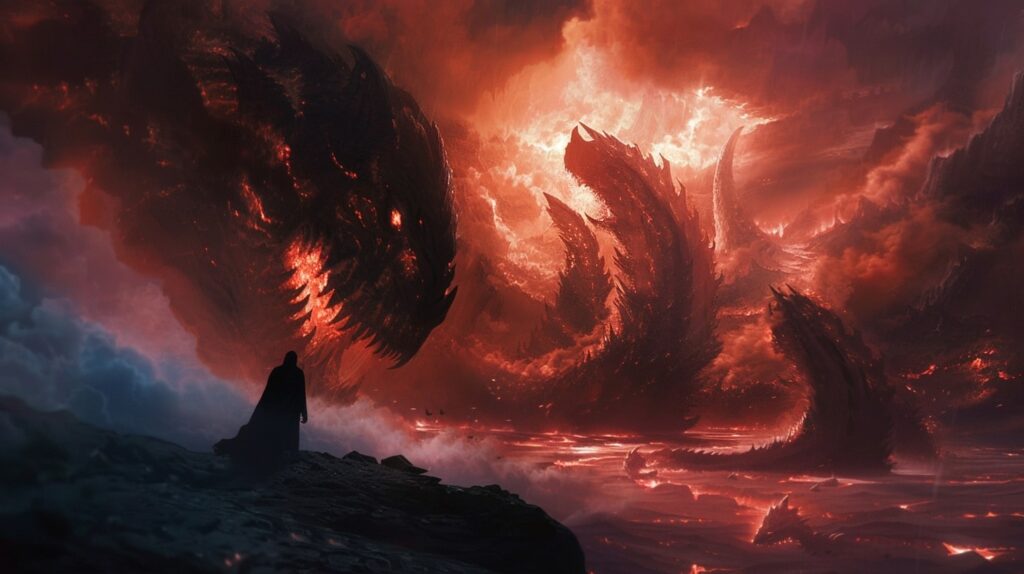
The Power of Rhythm
Harnessing the Energy of Sound
In a music-based magic system, the energy of sound becomes a powerful tool for your characters. The rhythm, pitch, and volume of music can all influence the potency and nature of spells. To effectively harness this energy, you need to understand how different elements of music can be woven into your magical lore.
Rhythm serves as the backbone of your magic. A steady beat might be used to channel energy, while a syncopated rhythm could create chaotic or unpredictable effects. The tempo, or speed, of the music can also dictate the speed at which spells manifest.
| Musical Element | Magical Effect |
|---|---|
| Rhythm | Stability or chaos in spells |
| Pitch | Emotional intensity |
| Volume | Magnitude of power |
Pitch plays a crucial role in the emotional impact of magic. High pitches might evoke feelings of joy or fear, while low pitches could induce calm or dread. Volume controls the magnitude of the spell’s power; a whisper might cast a subtle charm, while a booming note could unleash a devastating force.
For more ideas on integrating unique elements into your world, visit our guide on building a fantasy world.
Creating Spells and Incantations
Creating spells and incantations in a music-based magic system involves blending lyrical phrases with musical notes. Each spell should have a unique composition that reflects its purpose and power. Consider using different musical genres or styles to distinguish between types of magic.
Spells can be simple chants or elaborate compositions. A short melody might suffice for a minor spell, while a complex symphony could be required for a grand enchantment. The structure of the spell’s music will determine its effectiveness and duration.
| Spell Type | Musical Complexity | Example |
|---|---|---|
| Minor Spell | Simple melody | Healing charm |
| Major Spell | Complex symphony | Weather control |
When crafting incantations, think about how the words and music interact. Lyrics should complement the rhythm and pitch to enhance the spell’s effect. Rhyming phrases can make spells more memorable, while free-form lyrics might suit more spontaneous magic.
For more on building believable and intricate magic systems, check out our article on symbolic magic system.
By harnessing the energy of sound and creating unique spells, you can infuse your fantasy writing with a rich, music-based magic system. This will not only captivate your readers but also provide a dynamic and immersive experience. For further insights on character development within this magical framework, explore our guide on character development techniques.
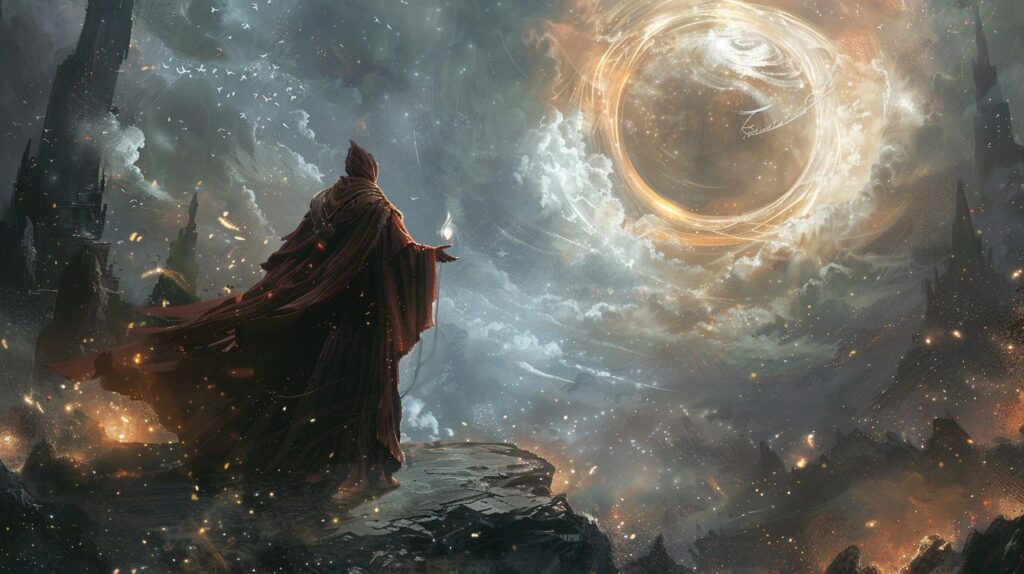
Characters and Music Magic
Creating compelling characters with musical abilities adds depth and intrigue to your story. These characters can harness the power of music to cast spells, heal wounds, or even influence emotions.
Developing Characters with Musical Abilities
When developing characters with musical abilities, consider their background, personality, and the source of their musical talent. Are they self-taught, or did they learn from a mentor archetype? Do they use a specific instrument, or is their voice their main tool?
| Character Trait | Possible Attributes |
|---|---|
| Background | Self-taught, Mentored, Family Tradition |
| Personality | Charismatic, Introverted, Passionate |
| Source of Talent | Instrumental, Vocal, Natural Gift |
Integrate these traits into your character’s backstory. For instance, a character who learned music from a mentor might have a deep sense of respect and discipline, while a self-taught musician could be more rebellious and innovative. Explore how their musical abilities influence their interactions with other characters and their role in the story.
Conflict and Resolution Through Music
Music-based magic can be a powerful tool for creating and resolving conflict in your narrative. Characters might use their abilities to confront adversaries, overcome obstacles, or even resolve personal dilemmas. Consider how the unique properties of your music magic system can shape these conflicts.
| Conflict Type | Musical Resolution |
|---|---|
| Battle | Spells cast through powerful rhythms |
| Emotional Struggle | Healing through soothing melodies |
| Mystical Challenges | Unlocking secrets with harmonic frequencies |
For example, a character might face a mystical challenge that requires them to play a specific melody to unlock a hidden door. Alternatively, a battle scene could involve characters using rhythmic spells to gain the upper hand. The resolution of these conflicts should highlight the versatility and creativity of your music magic system.
Incorporate elements of music into your worldbuilding to enhance the cultural and societal impact of music magic. Delve into how different societies perceive and utilize music-based magic in worldbuilding societies. This not only enriches your setting but also provides a deeper context for your characters’ abilities and conflicts.
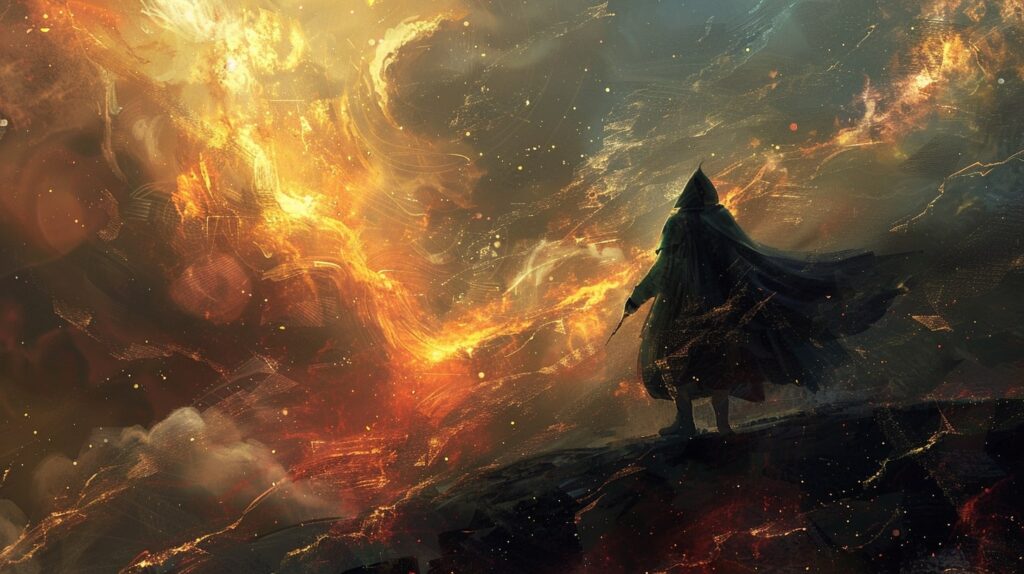
Weaving Music Into Your World
Creating a rich and immersive fantasy world with a music-based magic system requires careful integration of musical elements into your settings and understanding the cultural impacts of this unique form of magic.
Integrating Musical Elements Into Settings
To make your music-based magic system believable, you need to weave musical elements seamlessly into your world. Think about how music influences various aspects of daily life and how it can be a source of power.
- Natural Environments: Describe how the natural world interacts with music. Do certain landscapes amplify magical songs? Are there specific locations where the magic is stronger?
- Buildings and Architecture: Incorporate music into the design of buildings. Perhaps there are concert halls where powerful spells are performed, or homes with walls that resonate with protective melodies.
- Everyday Objects: Infuse everyday items with musical magic. Instruments could be crafted from special materials that enhance their magical properties. Even mundane objects like doors and windows might hum with protective tunes.
| Setting Element | Musical Integration Example |
|---|---|
| Natural Environments | Forests that echo with ancient songs |
| Buildings and Architecture | Concert halls for spell performances |
| Everyday Objects | Instruments made from magical materials |
For more ideas on integrating elements into your settings, check out building a haunting world.
Cultural Impacts of Music Magic
Music-based magic will inevitably shape the cultures within your world. Consider how different societies might develop unique relationships with music and magic.
- Social Hierarchies: Explore how musical abilities influence social status. Are musicians revered as powerful magicians, or are they outsiders feared for their abilities?
- Rituals and Traditions: Think about the rituals and traditions surrounding music magic. Are there ceremonies where music is used to heal, celebrate, or mourn?
- Conflict and Resolution: Music can be a source of conflict or a means of resolution. Perhaps different cultures have competing musical traditions, leading to tension or even war.
| Cultural Aspect | Impact of Music Magic |
|---|---|
| Social Hierarchies | Musicians as revered or feared |
| Rituals and Traditions | Ceremonies using music for various purposes |
| Conflict and Resolution | Tensions between competing musical traditions |
For more on developing societies in your world, visit worldbuilding societies.
By thoughtfully integrating musical elements into your settings and considering the cultural impacts, you can create a vibrant and believable world where music-based magic thrives. For further inspiration, explore our articles on building a fantasy world and art based magic system.
